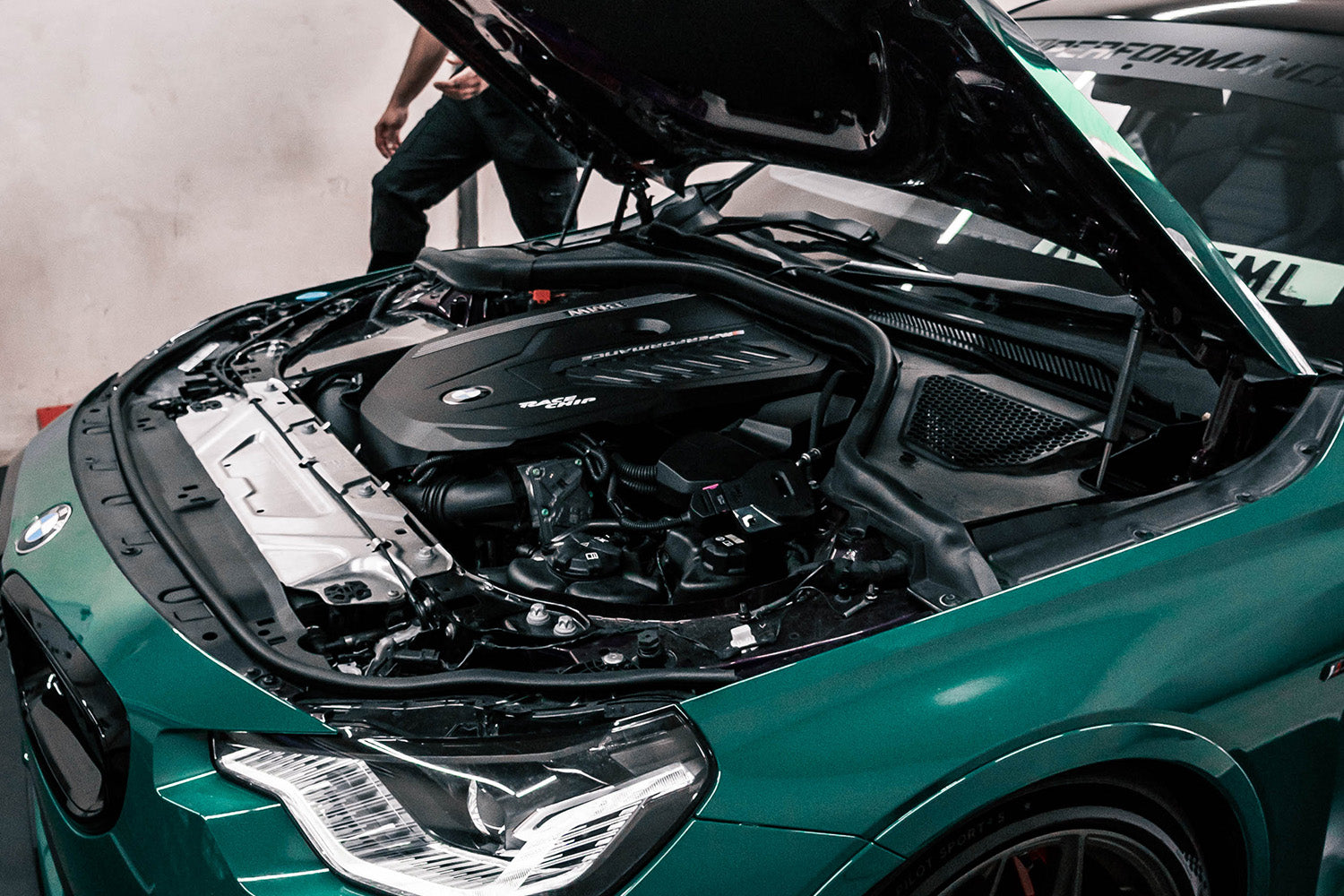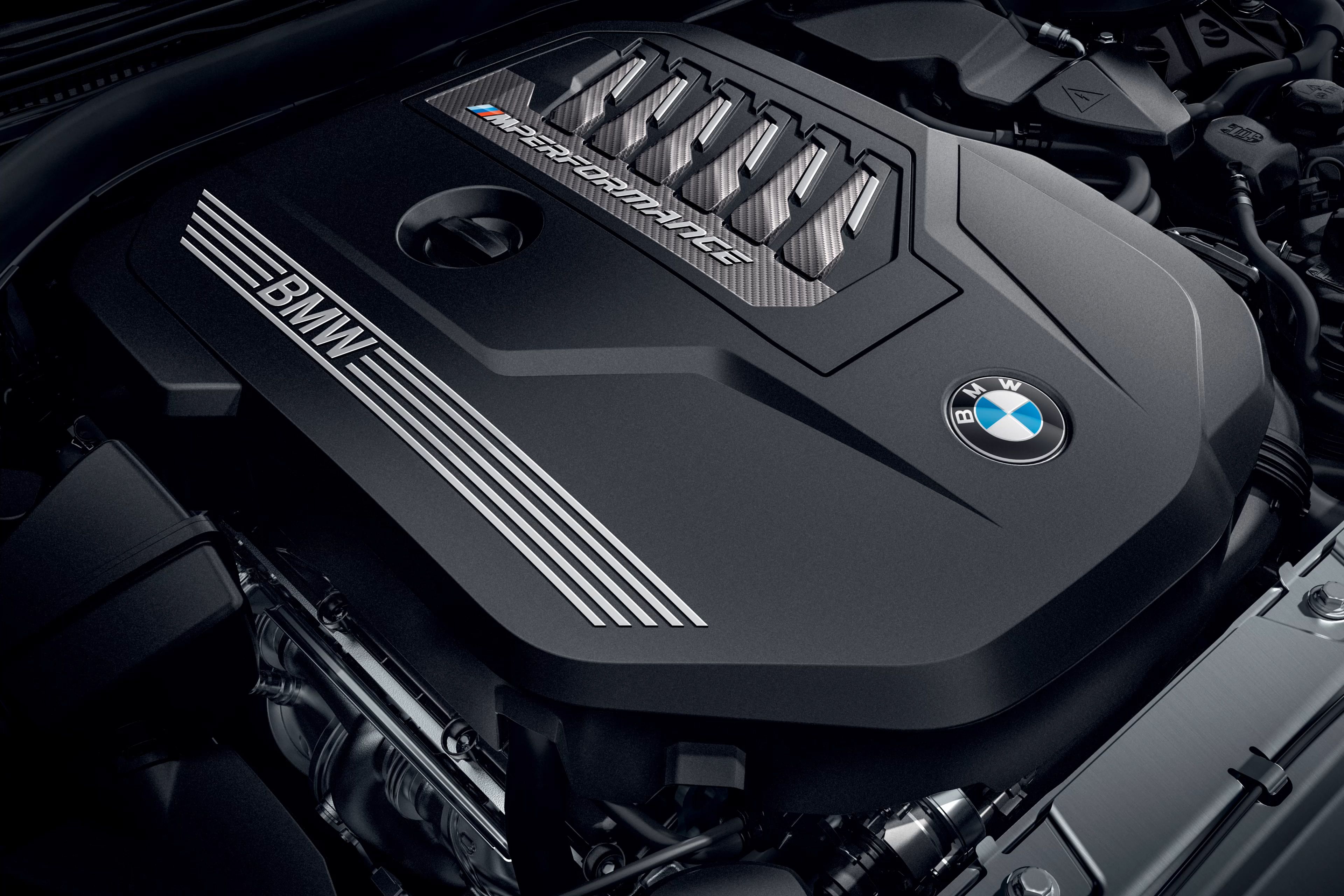Usual Concerns Faced by BMW Engine Owners and Just How to Address Them
Usual Concerns Faced by BMW Engine Owners and Just How to Address Them
Blog Article
Revealing the Intricacies of Next-Generation Power Units: a Deep Study Advanced Engine Designs and Innovations
In the realm of automobile engineering, the unrelenting quest of sustainability, effectiveness, and performance has propelled the advancement of power devices to unprecedented elevations. As we stand on the precipice of a brand-new era in transport, the intricacies of next-generation engine designs beckon us to check out the sophisticated technologies and innovations that assure to redefine the driving experience. From innovative products that press the boundaries of resilience and weight reduction to advanced turbocharging and turbo charging systems that raise power output to brand-new levels, each part of these power systems holds a key to opening the future of automotive design. Digging deeper into the worlds of emission control, smart engine management systems, and the horizon of power system growth, we locate ourselves on the cusp of a transformation that guarantees to improve the landscape of mobility as we understand it.
Advancement of Engine Products

The shift towards advanced engine materials has likewise enabled engineers to develop engines with greater power outcomes while maintaining gas effectiveness requirements. For instance, making use of light-weight materials minimizes the overall weight of the engine, causing improved fuel economy and lower emissions. Furthermore, improvements in materials modern technology have enabled for better thermal monitoring within engines, leading to enhanced integrity and durability.
Turbocharging and Supercharging Technologies
How do Turbocharging and Supercharging Technologies revolutionize engine efficiency and performance in modern-day automobiles? Supercharging and turbocharging are modern technologies that substantially boost engine performance by raising the quantity of air consumption right into the combustion chamber. Turbocharging accomplishes this by using a turbine driven by exhaust gases to pressurize the intake air, while turbo charging uses a belt- or chain-driven compressor to achieve the very same result.
These technologies make it possible for smaller, a lot more fuel-efficient engines to produce power equal to bigger ones, known as downsizing. By compeling more air into the cylinders, turbo charging and turbocharging boost burning performance, causing raised horse power and torque output without a significant boost in engine dimension. This causes much better acceleration, lugging capacity, and overall driving performance.
In addition, supercharging and turbocharging add to enhanced gas performance by enabling the use of smaller sized engines that consume much less gas under regular driving problems - bmw engine. This mix of enhanced efficiency and efficiency has made turbocharging and supercharging important components of many modern-day engine styles
Discharge Control and Environmental Influence
With increasing international issues pertaining to air top quality and ecological sustainability, the application of exhaust control modern technologies in automobiles plays a critical role in minimizing damaging pollutants launched right into the ambience. Modern lorries are geared up with advanced discharge control systems that help lessen the environmental impact of automobile procedures. Catalytic converters, as an example, are developed to convert toxic gases such as carbon monoxide, nitrogen oxides, and hydrocarbons into much less damaging compounds like carbon dioxide and water vapor.
In addition, developments in engine modern technology, such as the combination of exhaust gas recirculation systems and selective catalytic reduction, have actually dramatically added to decreasing exhausts. These innovations operate in tandem to enhance combustion performance and reduce the launch of hazardous toxins into the air. In addition, the development of crossbreed and electric cars represents a vital action towards lowering the total ecological impact of the transport field.
Intelligent Engine Monitoring Solution

Moreover, these systems make it possible for automobiles to satisfy strict discharges criteria without compromising performance, giving a more eco-friendly driving experience. The combination of expert system and device understanding capacities in engine administration systems proceeds to push the boundaries of what is feasible, causing more renovations in efficiency, dependability, and general lorry performance. bmw engine. As automotive technology breakthroughs, smart engine management systems will certainly play find more a vital role in shaping the future of transport in the direction of a more lasting and efficient instructions
Future Trends in Power Unit Growth
As smart engine administration systems pave the means for enhanced control and optimization in contemporary vehicles, future fads in power unit development are positioned to redefine the landscape of automotive propulsion modern technologies. These alternate power sources use improved effectiveness and performance while aligning with rigid environmental laws.
An additional substantial trend is the integration of advanced materials and making methods. Light-weight products such as carbon fiber and aluminum are being made use of to lower general automobile weight, enhancing gas efficiency and efficiency. Additionally, advancements in 3D printing and additive manufacturing are allowing the manufacturing of complicated engine components with greater accuracy and sturdiness.
In addition, expert system and artificial intelligence are playing a crucial duty in optimizing power system efficiency. These technologies enable real-time monitoring and flexible control, leading to more efficient and reputable power distribution. Generally, future fads in power unit growth are tailored towards sustainability, efficiency, and performance, driving the vehicle sector in the direction of a brand-new era of propulsion modern technologies.

Verdict
In conclusion, the advancements in engine materials, turbocharging, exhaust control, and intelligent monitoring systems have paved the way for next-generation power devices. The elaborate layouts and advancements in contemporary engines display the recurring evolution of vehicle innovation.
Exploring the dynamic innovations in engine products has actually been critical in improving the performance and effectiveness of modern engines. Over the years, the evolution of engine products has actually played a crucial duty in pushing the limits of what engines can attain.The shift towards progressed engine materials has likewise allowed engineers to make engines with greater power outputs while maintaining fuel efficiency criteria.The application of smart engine administration systems in modern-day lorries has reinvented the means engines are managed and optimized for efficiency and effectiveness. By collecting information in real-time and evaluating it with sophisticated algorithms, intelligent engine management systems can adjust see this here to driving designs, ecological variables, and engine wellness to make the most of power result while decreasing fuel usage and emissions.
Report this page